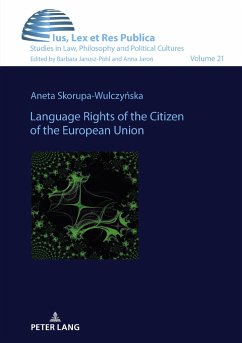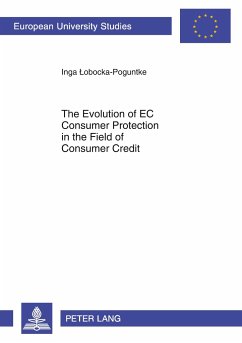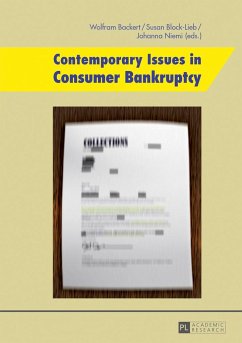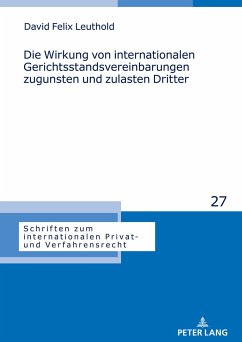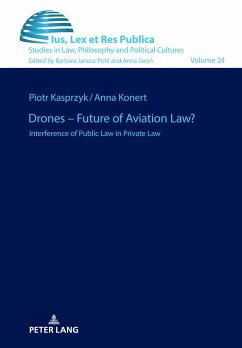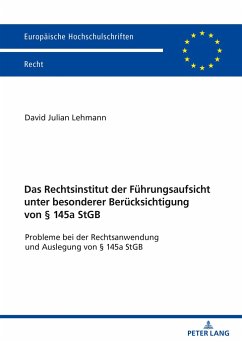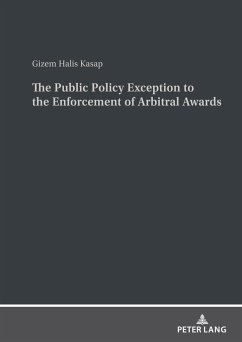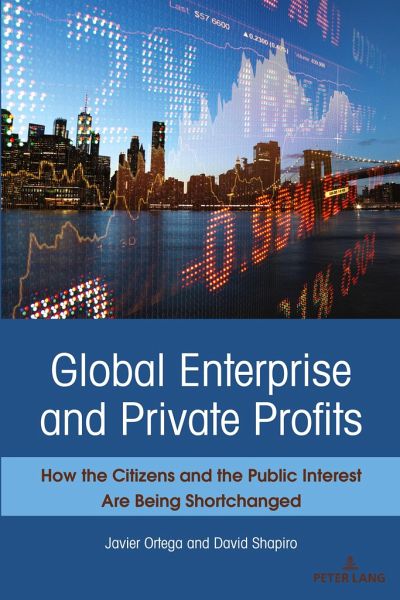
Global Enterprise and Private Profits
How the Citizens and the Public Interest Are Being Shortchanged
Versandkostenfrei!
Versandfertig in 6-10 Tagen
47,95 €
inkl. MwSt.
Weitere Ausgaben:

PAYBACK Punkte
0 °P sammeln!
The plot of the book is about how the rule of law functions to protect corporate structures that facilitate the commission of globalized fraud and abuse. The rules of law are used to dilute and hide accountability of high managerial agents and controlling persons, performing as a tool in aid of centralized and concentrated capital interests, devouring and destabilizing small-to-medium-sized companies. The theories and concepts developed in the book chapters are explored then applied to a real case and controversy-a mega-fraudulent bankruptcy in Argentina. In the zone of the world's largest gra...
The plot of the book is about how the rule of law functions to protect corporate structures that facilitate the commission of globalized fraud and abuse. The rules of law are used to dilute and hide accountability of high managerial agents and controlling persons, performing as a tool in aid of centralized and concentrated capital interests, devouring and destabilizing small-to-medium-sized companies. The theories and concepts developed in the book chapters are explored then applied to a real case and controversy-a mega-fraudulent bankruptcy in Argentina. In the zone of the world's largest grain manufacturing and exporting port complex, the VICENTIN SAIC default illustrates poignantly the premises of the book.
The book will be a good tool to illustrate to students how globalized financial capitalism may perform predation of other actors in a given domestic real economy; what are the origins and abuses of corporate law in the transnational context; what factors influence the economies of emergent countries in Latin America; and what should be the protective role of law. These concepts can be learned and applied in higher education and post-degree students through this study of allegations of mega-fraud arising from the VICENTIN complex of companies based in Argentina, including consideration of the role of Glencore Ltd.
The book will be a good tool to illustrate to students how globalized financial capitalism may perform predation of other actors in a given domestic real economy; what are the origins and abuses of corporate law in the transnational context; what factors influence the economies of emergent countries in Latin America; and what should be the protective role of law. These concepts can be learned and applied in higher education and post-degree students through this study of allegations of mega-fraud arising from the VICENTIN complex of companies based in Argentina, including consideration of the role of Glencore Ltd.






